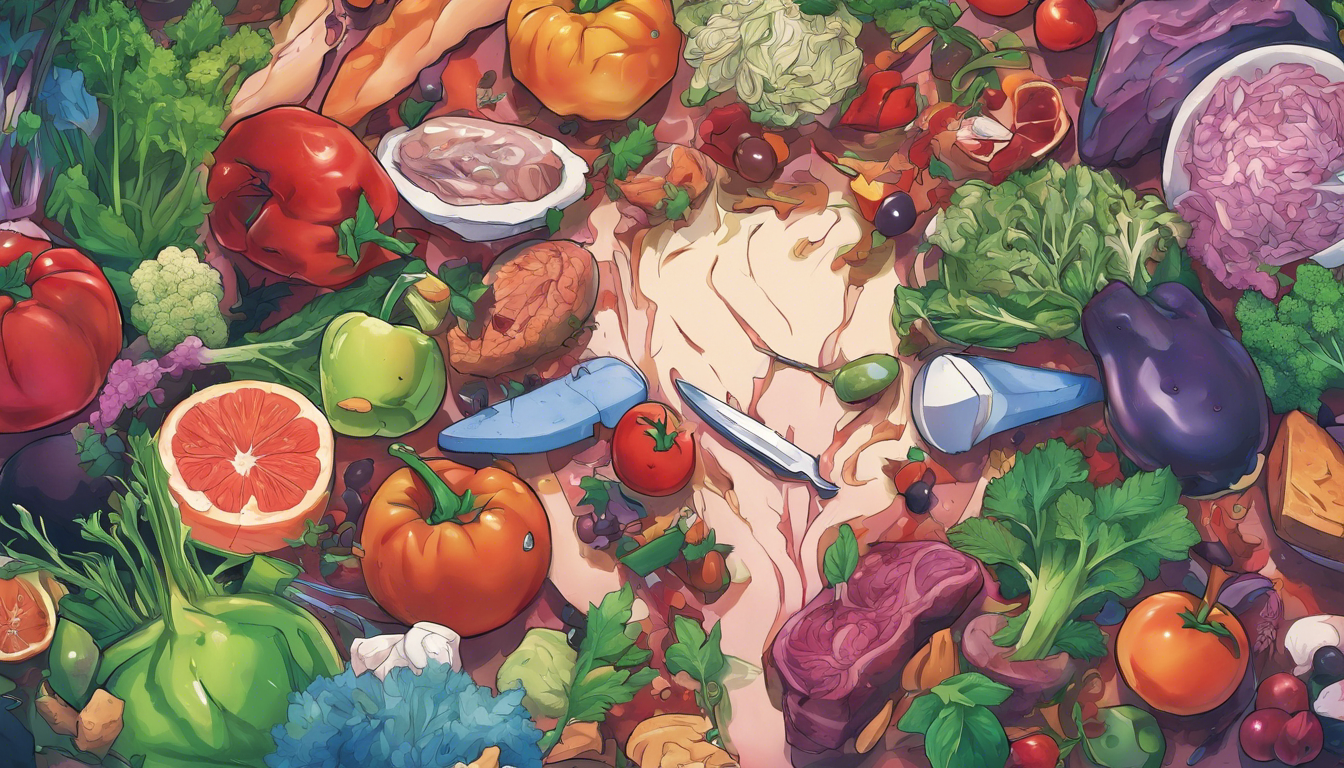
When it comes to chronic pain management, many people are seeking alternatives to traditional methods. One option that has gained popularity in recent years is the vegan diet. However, there are several myths surrounding veganism and its effect on chronic pain. In this article, we will debunk common misconceptions and present factual information about the relationship between veganism and chronic pain.
Myth: A vegan diet lacks essential nutrients
A common misconception about veganism is that it leads to nutrient deficiencies, which may exacerbate chronic pain. However, with careful planning and a varied diet, it is entirely possible to meet all nutritional needs on a vegan diet.
The key nutrients often associated with chronic pain management, such as omega-3 fatty acids, can be obtained from plant-based sources like flaxseeds, chia seeds, and walnuts. Additionally, essential vitamins like B12 can be easily supplemented through fortified foods or supplements.
Myth: Veganism may increase inflammation
Some people believe that consuming animal products is necessary to reduce inflammation, a common cause of chronic pain. However, numerous studies have shown that a well-planned vegan diet can actually reduce inflammation.
Plant-based foods, especially fruits and vegetables, are rich in antioxidants and phytochemicals that possess anti-inflammatory properties. By prioritizing these foods, vegans can effectively manage inflammation and potentially alleviate chronic pain symptoms.
Myth: Vegans do not get enough protein
Protein is a important component of tissue repair and overall health. While animal products are often touted as the best protein sources, plant-based diets can provide adequate protein as well.
Legumes such as lentils, chickpeas, and black beans are excellent sources of protein for vegans. Nuts, seeds, and tofu are also protein-rich options. By combining various plant-based protein sources throughout the day, vegans can easily meet their protein needs, even while managing chronic pain.
Myth: Veganism hinders bone health
Many believe that a vegan diet is detrimental to bone health due to the absence of dairy products. However, this is a misconception.
Vegan diets can provide sufficient calcium through plant-based sources such as leafy greens, fortified plant milks, tofu, and almonds. Additionally, adopting a vegan diet does not necessarily mean eliminating calcium-rich options like fortified cereals or calcium-fortified orange juice from one’s diet.
Myth: Veganism may lead to nutrient deficiencies
It is often claimed that veganism can result in deficiencies in nutrients like iron, zinc, and iodine. While it is true that these nutrients are more readily available in animal products, they can also be obtained through plant-based sources.
Consuming iron-rich foods such as lentils, spinach, and tofu, paired with vitamin-C-rich foods like citrus fruits or bell peppers, helps enhance iron absorption. For zinc, vegan options include legumes, seeds, and whole grains. Iodized salt or seaweed can provide sufficient iodine on a vegan diet.
In conclusion, the belief that a vegan diet may worsen chronic pain or cause nutrient deficiencies is largely based on misconceptions. With proper planning and attention to food choices, vegans can obtain all the necessary nutrients to manage chronic pain effectively. Understanding the facts about veganism and chronic pain can empower people to make informed decisions about their dietary choices while considering their pain management needs.